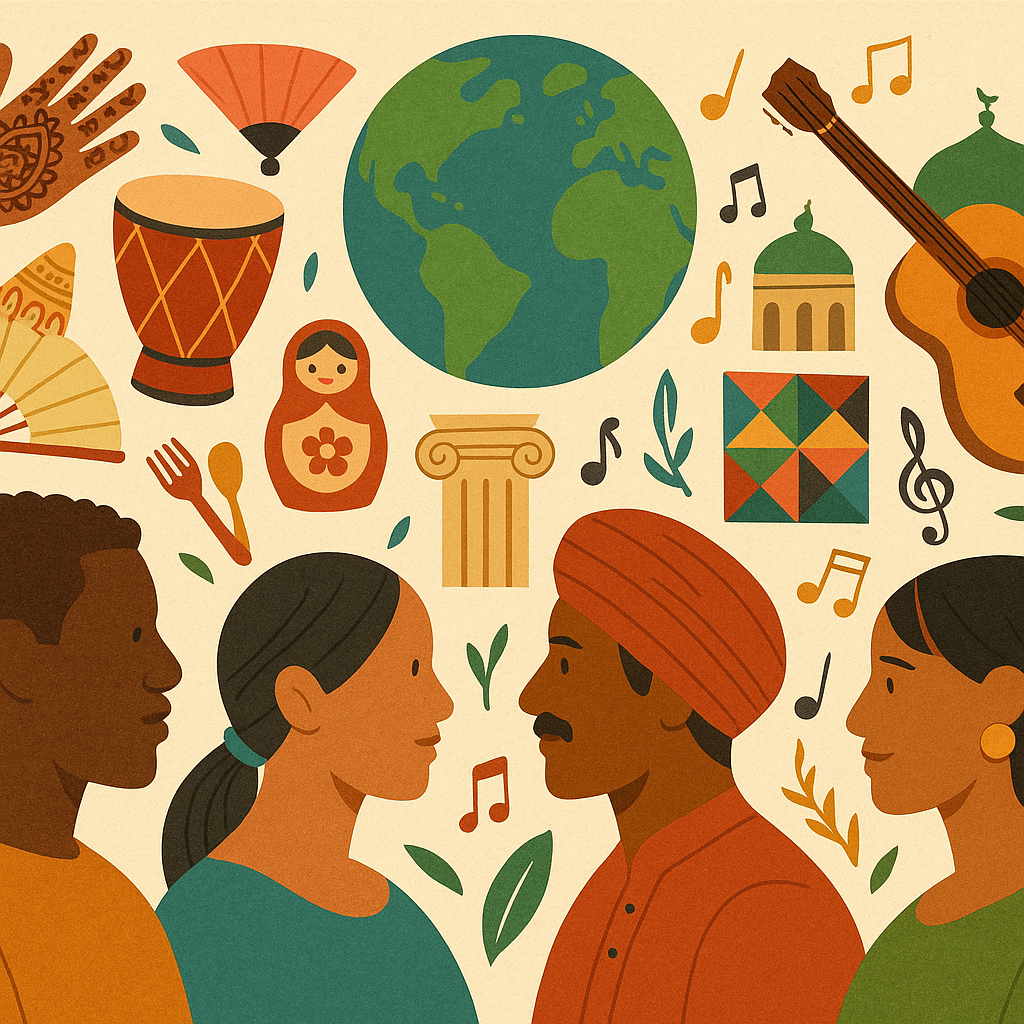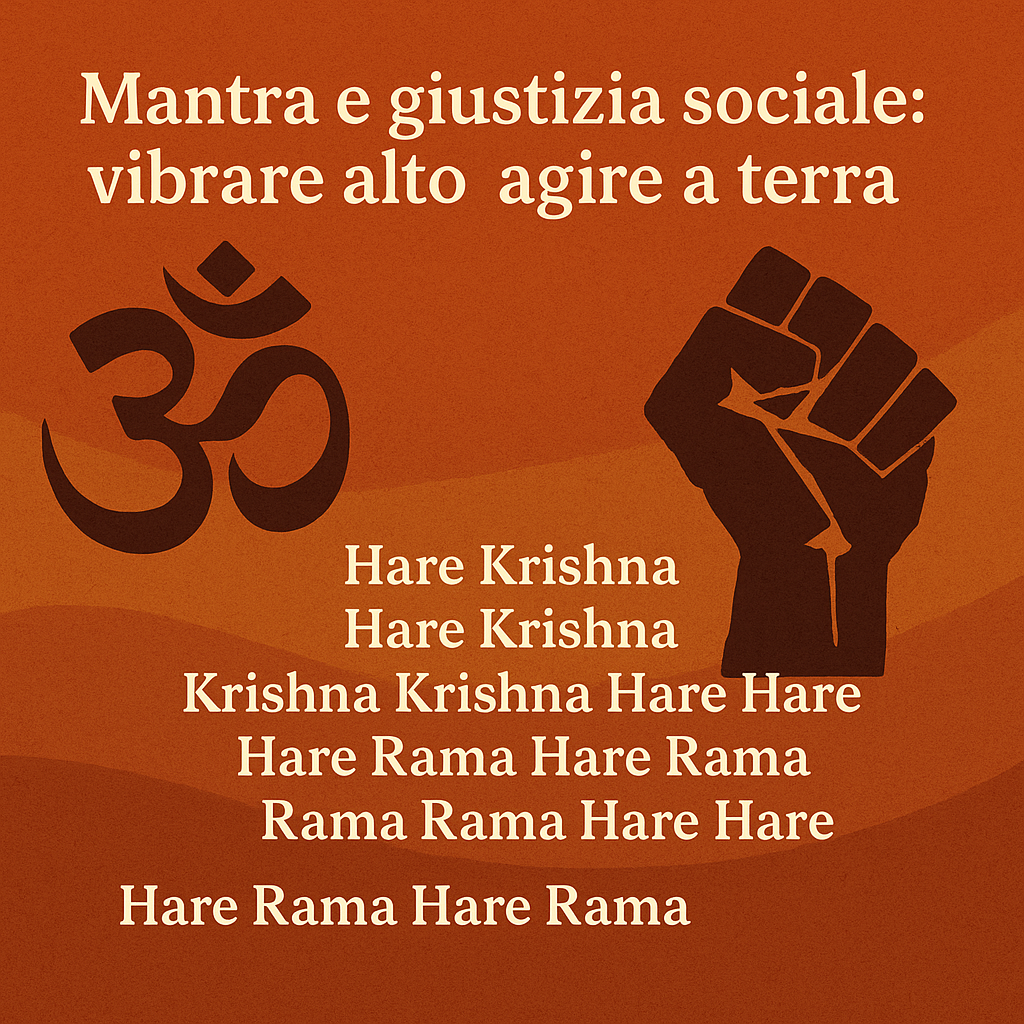
Culture is the complex web of learned and shared behaviors, values, beliefs, philosophies, worldviews and more that define a group of people. It includes everything from cuisine and language to social habits and music. The Center for Advanced Research on Language Acquisition defines culture as “a set of variables representing a social orientation fostered by patterns unique to a particular group.”
It is often easy to point to differences between cultures, such as the different ways that men and women dress or how they worship. But most cultures also have elements that are universally recognized. For example, all societies recognize a family unit that regulates sexual reproduction and the care of children. However, how the family unit is defined and functions vary from culture to culture.
Anthropologists study culture through a variety of methods, including ethnography, participant observation and archival research. The field of cultural studies emerged in the 1950s and 60s and continues to grow. It is influenced by the work of scholars such as Franz Boas and Émile Durkheim. Scholars studying culture tend to agree that it is a living, organic whole that should be studied as such. They also tend to differ on the best way to do so, with some scholars arguing that a culture should be understood as a system of ideas and values rather than individual behaviors or traditions.
While many anthropologists embrace this idea, there is still debate over the best definition of culture. Some believe that it is not possible to define culture at all, or that it is an abstraction. For example, Kroeber and Kluckhohn argued that culture is behavior but is not itself concrete behavior. This led to the doctrine of cultural relativism, which suggests that it is unwarranted to classify some cultures as higher or lower, superior or inferior.
Other scholars, particularly those influenced by 19th-century philosophers such as Jean-Jacques Rousseau, have taken a more naturalistic view of culture. They have viewed the refinement of high culture as a corruption of human nature and portrayed indigenous peoples, especially those who lack literacy, as noble savages who live an authentic life of simple pleasures. They have viewed folk music as truly representative of a natural way of life and classical music as artificial.
Other anthropologists have focused on how the concept of culture is used in society. Sociologist Georg Simmel, for example, argued that culture is an expression of the needs of a given social order. For this reason, he classified some cultures as more modern or progressive than others, based on the ways in which they use technology and the degree to which they have adopted European concepts of equality. He was a precursor to the theory of power and status that is an important part of modern sociology.



